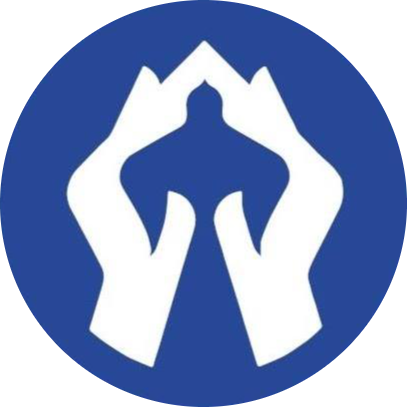The Cost of Living Crisis and Minoritised Communities Mental Health
Research from People Like Us, a non-profit that looks at diversity in the media, is showing that the cost of living crisis is hitting marginalised communities the hardest.
According to the research, over a third of people from minoritised backgrounds can no longer afford to pay their bills, rent or mortgage each month compared to a quarter of people from white backgrounds. Consequently, the same percentage of ethnic minority professionals are looking to downsize or plan to move back in with their families. Around a third are also projected to rack up extra debt by taking out loans or spending on credit cards, and another third are borrowing money from someone they know.
According to The Stylist, The National Zakat Foundation (NZF), a charity that collects and distributes Zakat (a wealth tax that all Muslims must pay once a year) from and to the UK Muslim community, has also seen a significant rise in the number of people applying for hardship relief funds.
“So far this year, we’ve seen a 65% increase in applications,” says Dr Sohail Hanif, CEO of NZF. The charity uses the Zakat donated to provide monetary support for those in need with four core funds: housing, education, hardship and work. Most people looking for help are ethnic minorities. “Young, single women with children now make up the largest proportion of applicants. We expect to see another increase ahead of the new school year as new uniforms and shoes are needed for children, and inflation causes more cost-of-living stress for families.”
The cost of living crisis in the UK has disproportionately affected ethnic minorities due to a variety of factors, including lower average income levels, higher rates of poverty, and greater barriers to accessing affordable housing, education, and healthcare. Additionally, ethnic minorities may face discrimination in the job market, which can limit their access to well-paying jobs and make it harder for them to make ends meet.
This cycle of poverty and disadvantage is difficult to break out of, and the cost of living crisis is making things worse.
To combat this, we have put together a list of resources available for ethnic minorities during the cost of living crisis in the UK. Some organizations that may be able to provide assistance include:
Minoritised community-led organisations and community groups: These organizations may provide direct services such as food banks, housing assistance, and financial education, as well as advocacy and support around issues related to discrimination and marginalization.
Government welfare programs: The UK government offers a range of welfare programs, such as Help for Households, that can provide financial assistance to those in need.
Charities and non-profits: Many charities and non-profit organisations in the UK provide services that can help ethnic minorities during a cost-of-living crisis, such as legal aid, education and training programs, and mental health support.
Legal aid groups: Some legal aid groups in the UK specifically focus on helping ethnic minorities, such as the Black Solicitors Network and the Society of Asian Lawyers.
It's important to note that some of these resources may have language support for the minoritised groups. So it's always a good idea to check with them if they have support in your language or a specific program for ethnic minorities.
If you are a client of Nafsiyat, we also offer support with practical issues such as finding cost-of-living support.

